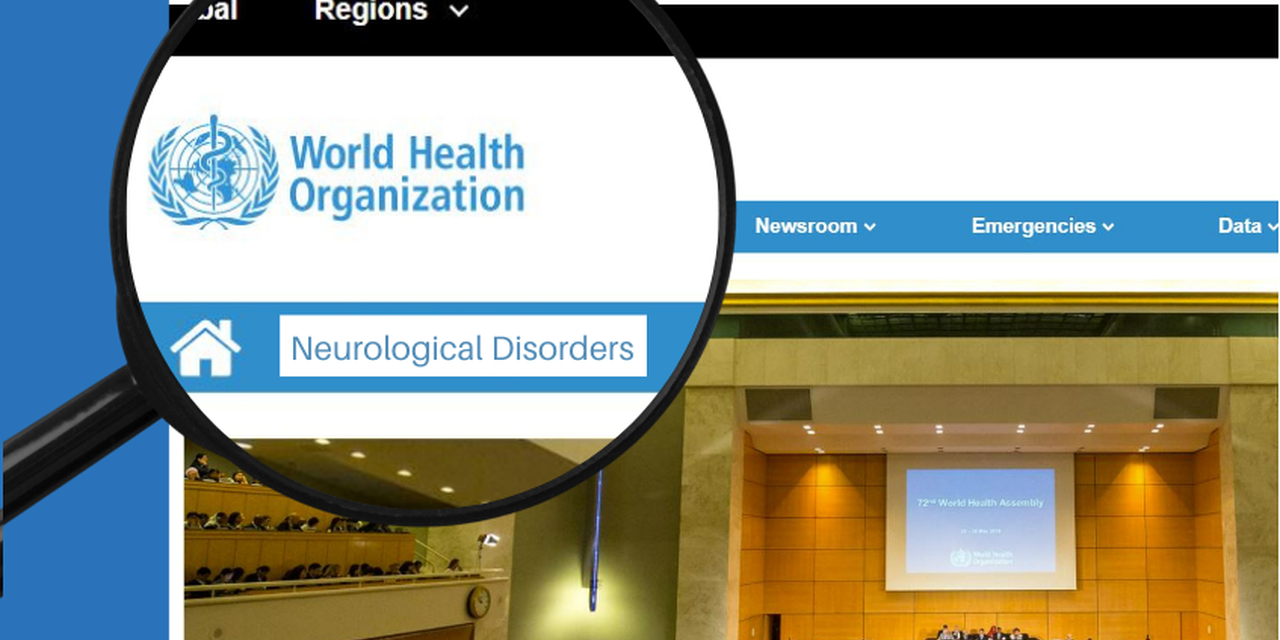The Neurological Council of Western Australia has welcomed the World Health Assembly’s decision to adopt a new Intersectoral Global Action Plan on Epilepsy and other Neurological Disorders 2022–2031 (IGAP).
This is the first time neurological disorders have been recognised as a distinct field by the World Health Organisation. The key features of the plan include the right to rehabilitation, the importance of brain health from birth to old age, reducing health inequalities, and an intersectoral approach to neurological disorders.
Years in the making, the plan is a major step toward improving access to care and treatment for people living with neurological disorders, preventing new cases, and promoting brain health and development across the life course.
The decision comes at a time when neurological disorders are on the rise in Australia, with the estimated economic burden topping $74 billion. Nervous system disorders and diseases are the leading cause of disability-adjusted life years and the second leading cause of death worldwide - affecting one in three people.
Not only do neurological disorders significantly decrease quality of life and negatively impact the mental, physical and financial health of the patient, their family, carers and loved ones, they pose an enormous financial burden on the economy, including productivity losses. Despite the high global burden of neurological conditions, access to relevant services and support for many neurological conditions is difficult and insufficient.
Neurological Council CEO, Etta Palumbo, says:
“We welcome WHO’s focus on neurological conditions and the adoption of the 10-year Action Plan. There are over 600 different neurological disorders, which include movement disorders and neuromuscular conditions. Some conditions are familiar due to prevalence or the awareness raising efforts of not-for-profits including epilepsy, stroke, migraine, dementia, neuropathies, brain and spinal tumours, neurofibromatosis, meningitis, ADHD, autism, Tourette syndrome, and chronic fatigue as well as Motor Neurone Disease, Parkinson’s, Huntington’s, multiple sclerosis, cerebral palsy and muscular dystrophy.”
“While many conditions are considered rare, as a combined disease group, neurological conditions are in the top 5 WA Burden of Disease groups for both fatal and non-fatal disease groups.”
“The sheer number of different conditions have contributed to the challenges and gaps in providing care and services for people with neurological disorders. However, many of these conditions share common symptoms, care needs and treatments, which can be addressed through a comprehensive, collective, and coordinated response across sectors.”
The addition of relatively new and complex conditions such as, functional neurological disorder and COVID, highlights the relevance of neurology to public health. We are seeing headache, impaired sense of smell and taste, chronic fatigue, agitation, brain fog, delirium, seizures and stroke all appearing as neurological manifestations associated with COVID.
The Neurological Council’s new strategic plan is closely aligned with the Action Plan’s globally agreed strategic goals and reachable targets.
“We now have the roadmap to work with government, health practitioners, our fellow neurological non-government organisations and the community to implement the plan and potentially bringing about real change in policy and practice here in WA”, said Ms Palumbo.
“Despite the scale of the healthcare challenge, by working together to implement key features of the Plan, we will undoubtedly strengthen the prevention, detection, care, treatment, and equal opportunities for people with neurological disorders”.
“I’m hoping the Neurological Council’s support of the Intersectoral global action plan on epilepsy and other neurological disorders, through our role as the sector peak, will help prioritise neurological conditions on WA’s public health agenda and provide a platform to harness the collective efforts of the government and non-government sectors. There is a need for more strategic and direct investment in neurological health services to reduce disability and suffering and bring about positive change for those living with neurological conditions, and the future of brain health”.
View the: Draft intersectoral global action plan on epilepsy and other neurological disorders 2022-2031

